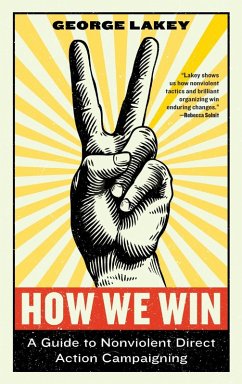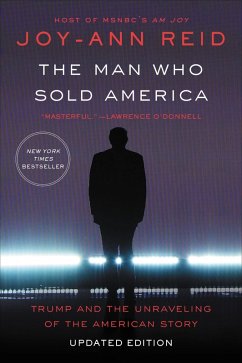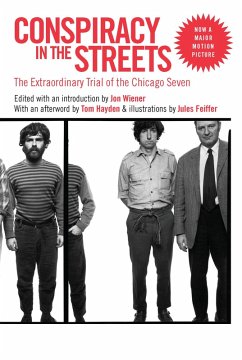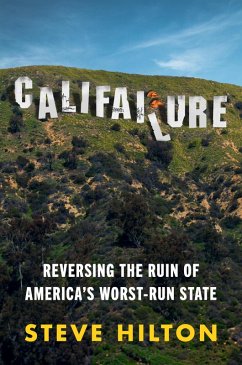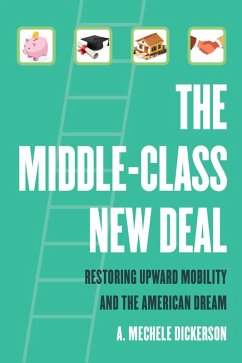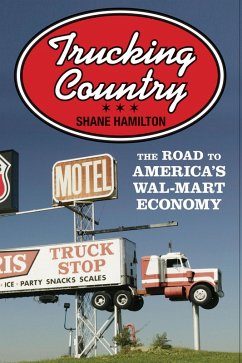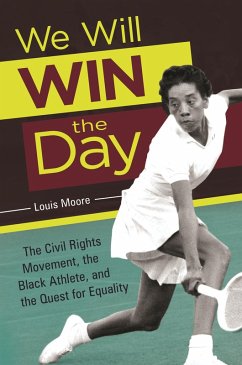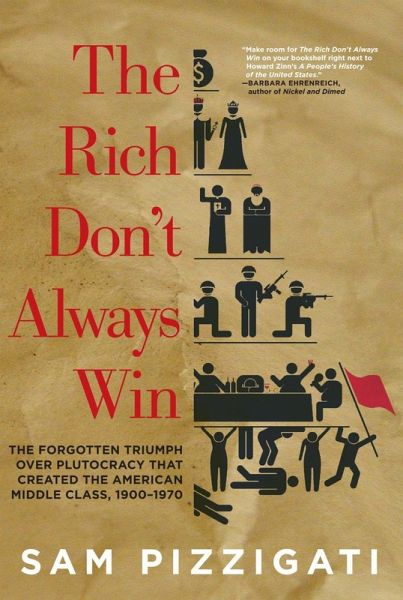
The Rich Don't Always Win (eBook, ePUB)
The Forgotten Triumph over Plutocracy that Created the American Middle Class, 1900-1970

PAYBACK Punkte
5 °P sammeln!
The Occupy Wall Street protests have captured America's political imagination. Polls show that two-thirds of the nation now believe that America's enormous wealth ought to be "distributed more evenly." However, almost as many Americans--well over half--feel the protests will ultimately have "little impact" on inequality in America. What explains this disconnect? Most Americans have resigned themselves to believing that the rich simply always get their way. Except they don't. A century ago, the United States hosted a super-rich even more domineering than ours today. Yet fifty years later, that ...
The Occupy Wall Street protests have captured America's political imagination. Polls show that two-thirds of the nation now believe that America's enormous wealth ought to be "distributed more evenly." However, almost as many Americans--well over half--feel the protests will ultimately have "little impact" on inequality in America. What explains this disconnect? Most Americans have resigned themselves to believing that the rich simply always get their way. Except they don't. A century ago, the United States hosted a super-rich even more domineering than ours today. Yet fifty years later, that super-rich had almost entirely disappeared. Their majestic mansions and estates had become museums and college campuses, and America had become a vibrant, mass middle class nation, the first and finest the world had ever seen. Americans today ought to be taking no small inspiration from this stunning change. After all, if our forbears successfully beat back grand fortune, why can't we? But this transformation is inspiring virtually no one. Why? Because the story behind it has remained almost totally unknown, until now. This lively popular history will speak directly to the political hopelessness so many Americans feel. By tracing how average Americans took down plutocracy over the first half of the 20th Century--and how plutocracy came back-- The Rich Don't Always Win will outfit Occupy Wall Street America with a deeper understanding of what we need to do to get the United States back on track to the American dream.
Dieser Download kann aus rechtlichen Gründen nur mit Rechnungsadresse in A, B, BG, CY, CZ, D, DK, EW, E, FIN, F, GR, HR, H, I, LT, L, LR, M, NL, PL, P, R, S, SLO, SK ausgeliefert werden.




